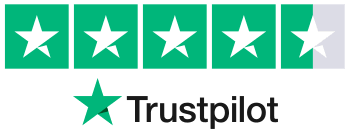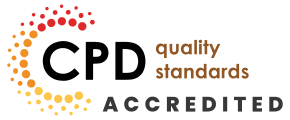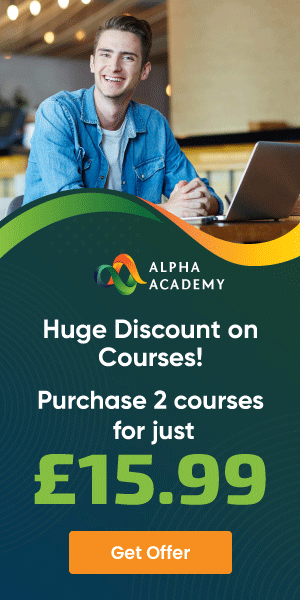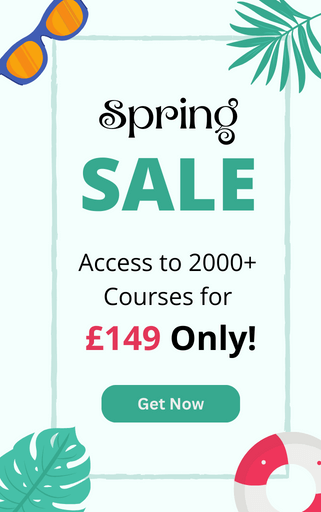
The shift towards a more modern classroom brings challenges, particularly for educators. Teacher certification – the process that allows teachers to teach in public schools – is undergoing significant changes to meet these demands.
This blog post will guide you through this evolving landscape, detailing traditional and alternative certification routes while discussing how they equip candidates for a new era in education.
The Traditional vs. Alternative Certification Debate
The traditional certification pathway, which typically involves completing a bachelor’s degree in education and a state-approved teacher preparation program, has been the longstanding route for individuals seeking to become teachers.
However, in recent years, alternative certification programs have gained momentum as an alternative pathway to teacher certification. These programs offer an expedited process for career changers or individuals with non-education backgrounds to enter the teaching profession. Discover Dr. Heath Morrison’s vision at Teacher’s of Tomorrow today.
Traditional Certification
Traditional certification, or conventional or university-based certification, remains the most popular route to becoming a teacher. Data from 2018-19 showed that dominantly, 74 percent of students opted for this method over alternatives.
The traditional certification process typically involves pedagogical training and in-depth study of subjects like math, science, and special education within accredited institutions.
Despite their popularity, these programs often lack diversity; they enroll fewer teachers of color compared to alternative routes. Nonetheless, such certifications have proven their worth by significantly impacting teacher quality – a critical factor in successful school reform and high-quality teaching.
Alternative Certification
Alternative certification programs are reshaping the teacher preparation pipeline. They offer a speedy and cost-effective pathway to teaching certification, particularly for individuals from diverse backgrounds.
Highlighting their growing popularity is that they are rapidly becoming a favored choice for prospective educators. These nontraditional certification programs consider different experiences and disciplines, subsequently expanding the talent pool of educators across various school systems.
Significantly, alternative certification responds to shifting policies at both federal and state levels focused on teacher preparation, thus reflecting an evolving landscape in education professionalism.
The Changing Demands of the Modern Classroom
The modern classroom is characterized by the integration of technology, the need for cultural competency, and the importance of lifelong learning.
Technology Integration
Embracing technology in the classroom prepares students for upcoming digital environments. Through instructional technology, we see better access to information and increased teaching productivity.
It’s integral to enhance student learning experiences by utilizing various tech tools. New ways of learning, communicating, and collaborating are unlocked as education begins to lean on digital technologies.
Apart from traditional methods, incorporating online resources into educational content promotes interactive and mobile learning opportunities. Virtual learning environments are born out of a blend of conventional approaches with modern techniques which also make distance learning practical through creating digital libraries.
The horizon gets broadened while maintaining efficiency in teaching productivity when classrooms synthesize collaborative and blended methods for tech integration.
Cultural Competency
Cultural competency is a crucial skill for educators in today’s modern classroom. It involves recognizing and embracing the cultural diversity that exists among students. By being culturally competent, teachers can create an inclusive learning environment where all students feel valued and supported.
That includes developing competencies in curriculum and instruction, classroom management, student assessment, and cultural enrichment. To succeed in this area, educators must examine their cultural backgrounds and identities while seeking knowledge and skills to effectively support diverse students.
Online resources are available to help teachers prepare for diverse classrooms and promote cultural awareness. With cultural competency as a priority, educators can foster social justice, equity, multiculturalism, and inclusivity and ultimately empower students to become global citizens.
Lifelong Learning
Teachers today face the challenge of an ever-evolving education landscape. To effectively meet the changing demands of the modern classroom, lifelong learning is essential.
Lifelong learning refers to the ongoing process of acquiring new knowledge and skills throughout one’s career. It allows educators to stay up-to-date with pedagogical innovation, incorporate new tools and strategies, and adapt to the needs of their students.
Being a lifelong learner means teachers are not intimidated by technology in their classrooms or their students’ hands. They recognize that high-quality teaching requires continual growth and development, which can be achieved through continued professional development opportunities, adult education programs, and skill acquisition workshops.
The Rise of Hybrid Certification
The ever-evolving teaching landscape has given rise to yet another trend: hybrid certification. This pathway is emerging as an innovative blend of the best elements from both traditional and alternative certifications, offering prospective teachers an optimized route into the profession.
Balancing Theory with Practice
Hybrid certification programs carefully balance the in-depth pedagogical theory present in traditional certification with the practical experiences emphasized in alternative programs. That allows candidates to understand foundational educational theories while rapidly gaining hands-on classroom experience, often in high-need areas.
Given the rapid advances in technology and the changing demographics of classrooms, this balance prepares educators for the modern challenges they’re bound to encounter. By coupling rigorous university-level coursework with extensive mentoring and classroom immersion, these programs aim to produce well-rounded educators who are theoretically knowledgeable and practically competent.
Filling the Gaps
Furthermore, hybrid programs often target specific gaps in the teaching profession, such as the demand for STEM (Science, Technology, Engineering, Math) educators or those equipped to work with special needs students. Recognizing these gaps, these programs craft a curriculum tailored to equip candidates with the specialized skills needed in such fields.
By addressing the current needs of the educational system, hybrid certification proves its mettle as a forward-thinking approach to teacher preparation. It’s a pathway that not only serves the educators but more importantly, meets the specific needs of the students they’ll teach.
The Role of Ongoing Mentorship in Teacher Development
A pivotal component often overlooked in the conversation surrounding teacher certification is the role of ongoing mentorship. While initial certification lays the foundation, it’s through mentorship that many educators truly flourish.
Guidance Beyond the Classroom
Mentorship provides new teachers with a safety net as they navigate the intricacies of the education system. Having an experienced educator to turn to can significantly ease the transition into a full-time teaching role. It’s more than just guidance; it’s about fostering a sense of belonging within the wider teaching community.
Ongoing mentorship programs, incorporated within both traditional and alternative certification pathways, play a crucial role in reducing early career teacher burnout and attrition. Such programs have been shown to increase job satisfaction and improve the overall effectiveness of new teachers.
Sharing the Evolving Best Practices
As the classroom landscape continues to change, best practices evolve. Regular interactions with mentors, who may be more attuned to recent developments, ensure that newer educators are always in the loop. From tech advancements to shifts in educational policy, mentors can offer insights derived from their experiences, ensuring the next generation of teachers is always prepared.
Conclusion
Teacher certification programs must adapt to the changing demands of the modern classroom. Educators need training that focuses on integrating technology, developing cultural competency, and fostering a lifelong learning mindset.
By equipping teachers with the necessary skills and knowledge, we can ensure they are prepared to navigate the evolving landscape of education and provide students with the quality instruction they deserve.
Let’s invest in professional development opportunities that empower educators for success in today’s classrooms.










